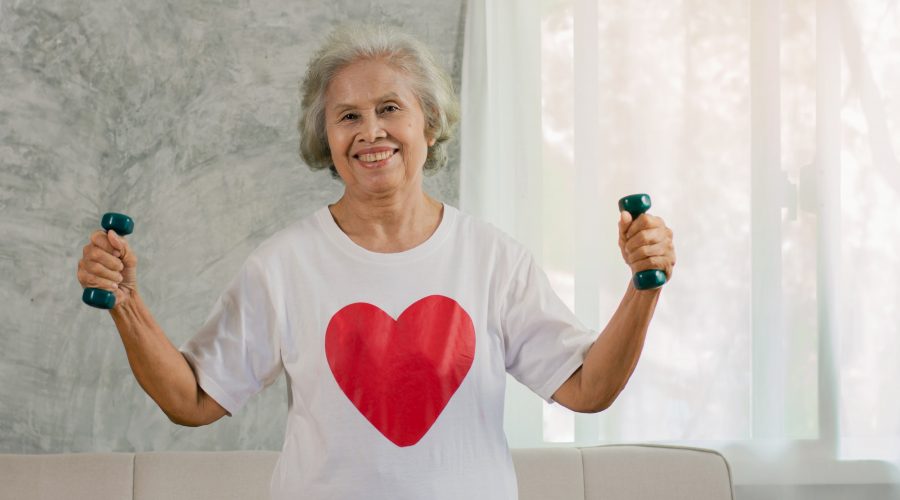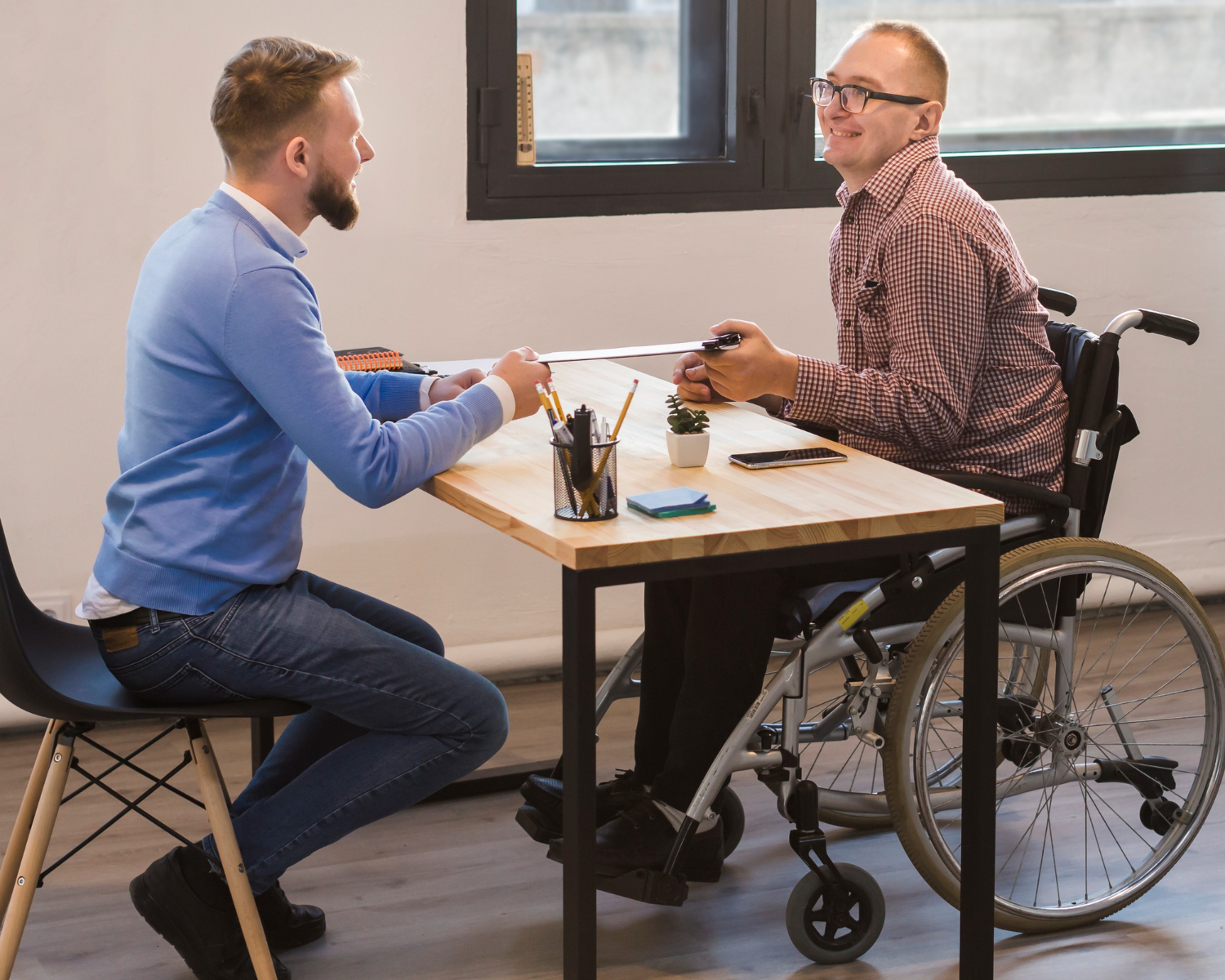Heart Healthy Tips for National Heart Month
February is national heart month and it’s time for a reminder on how to stay heart healthy. Heart disease can affect anyone, but you might be at higher risk due to age or family history. There is also a higher risk if you have high cholesterol, high blood pressure, diabetes, smoke, are overweight or obese, don’t get enough physical activity, or don’t eat a healthy diet. While mental health and wellbeing, stress management abilities, and amount and quality of sleep contribute greatly to heart health, the main two areas of focus to be heart healthy are physical activity and nutrition.

Physical Activity
To improve or maintain heart health, aim for at least 150 minutes of moderate physical activity or 75 minutes of vigorous physical activity (or an equal combination of both) each week. It is important to make time for regular physical activity to maintain a healthy weight and reach physical and cardiovascular fitness. While it can be hard to schedule a time to exercise, look for ways to build in short bursts of activity to your daily routine. Taking the stairs instead of the elevator and parking farther away from the store or office are a few small ways to build activity into the daily routine.
Nutrition
Another way to improve or maintain heart health is to eat an overall healthy diet that emphasizes consuming a wide variety of fruits and vegetables, whole grains and products made up of mostly whole grains, proteins such as legumes, nuts, fish, seafood, lean meats and poultry, minimally processed foods, minimal sugar, and a limited alcohol intake. Eating these foods regularly with a few fun treats interspersed will keep you mentally and physically happy.
When Heart Health Requires Surgery or Procedures
Sometimes we don’t realize how much we have neglected our health until a cardiac event occurs. These often result in medical procedures and lifestyle changes. More serious procedures like surgery will require rehabilitation periods which can be hard on family members. Often the success of the procedure depends on the recovery which can be quite difficult. Patients often believe they can do more than they should after getting home from the hospital. Instead, this often sets back the recovery process.
If you or a loved one needs surgery and requires extensive recovery or rehabilitation, a Home Care Service like Griswold Home Care of Greater Orlando can provide the one-on-one support you need for successful recovery. Griswold Home Care connects each client with a professional caregiver specializing in post-surgery recovery and rehabilitation care who are as dedicated as you are to returning to your pre-surgery self – or better! Caregivers can help with common care services like meal preparation, transportation and accompaniment to doctor’s appointments, physical therapy appointments, or a pharmacy to pick up much-needed prescriptions, light housekeeping, and even personal care like bathing or dressing if your recovery initially limits your mobility. As you get stronger and more independent, you can change your hours and services until you are back to 100%. Reach out to the caregiving referral team at Griswold Home Care today at 407-740-7419 to learn more about post-surgery care services.

Gina Jordan is a health blog author who has been writing about healthy living since 2013. She started her journey by adopting a vegan diet and eating only organic foods, but the more she learned, the more she realized that we should all be eating plant-based diets exclusively. As an expert in nutrition and wellness, Gina blogs to educate readers on how they can live happier and healthier lives through food choices!













